
Acea for World Energy Saving Day
SDG 11 of the UN 2030 Agenda aims to improve the sustainability, safety, inclusiveness and resilience of cities and communities. Urbanisation is a characteristic phenomenon of our time in which more than half of the global population resides in urban areas, a trend that will grow further in the coming years.
SDG 11 of the 2030 Agenda aims to transform urban centres into sustainable cities and reduce pollution through regeneration and urban redevelopment initiatives to make cities and communities more sustainable.
Guaranteeing everyone access to safe, accessible and inclusive public spaces and transport systems, enhancing green areas and preserving the cultural and artistic heritage of each inhabited centre are key elements of the strategy that SDG 11 contributes to achieving by 2030.
These goals aim to create healthier and more inclusive urban environments, promoting the well-being of people and the planet.
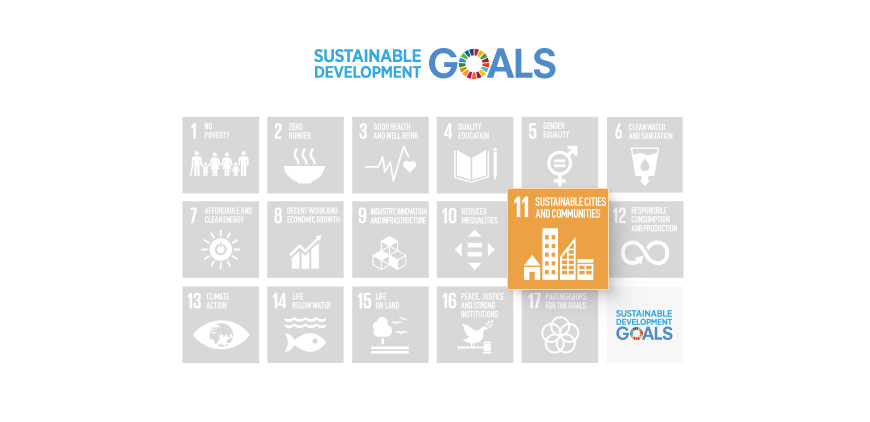
Goal 11 of the 2030 Agenda aims to reduce per capita pollution generated by cities, focusing on environmental sustainability in urban areas.
A sustainable city is a model of urban organisation composed of efficient, interconnected, accessible spaces capable of guaranteeing the right to mobility to its citizens.
According to Goal 11 of the 2030 Agenda, the promotion of urban regeneration practices focused on the transformation and redevelopment of existing spaces is crucial to create more efficient and sustainability-oriented environments, fostering a sense of belonging and social cohesion in response to an ever-growing urbanization.
To understand what a sustainable city is, we must consider the concept of inclusivity that implies the creation of accessible public spaces and the implementation of policies that promote social equality. An inclusive city is a dynamic environment that promotes the well-being of all its inhabitants, while respecting the natural and cultural heritage of the place.
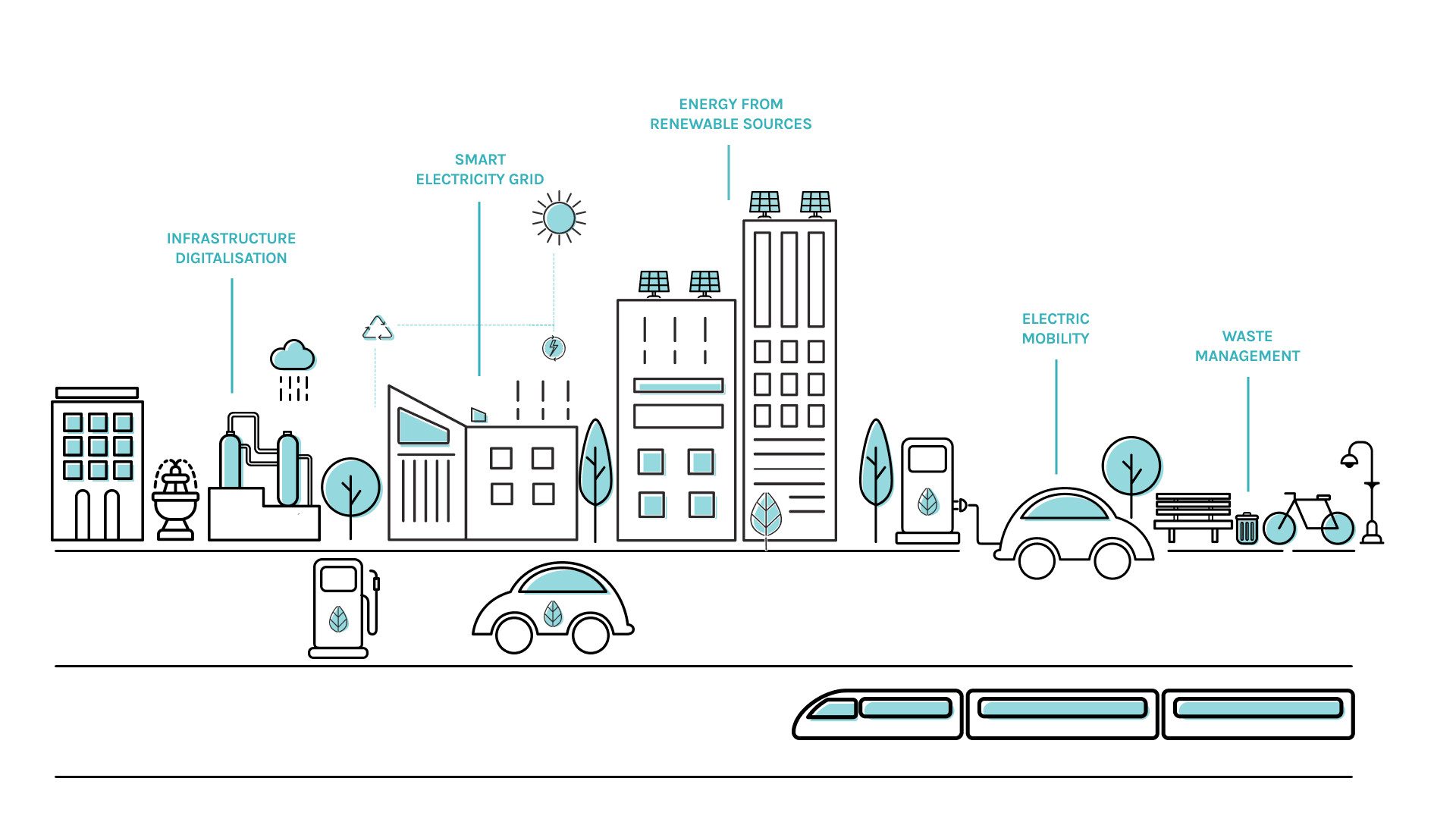
How to make a city sustainable? First of all, by aiming to reduce the environmental impact through measures such as the integration of renewable energy sources, efficient waste management, the strengthening of electricity distribution networks and the digitization of water networks.
In addition, improving public transport represents an opportunity to develop a sustainable and accessible mobility system for all.
Sustainable mobility reconciles the mobility needs of citizens with the reduction of environmental impact and the protection of resources for future generations.
In line with goal 11 of the 2030 Agenda, the Acea Group promotes a sustainable approach to transport by providing more efficient and green mobility solutions.
The Group also promotes sustainable mobility through initiatives focused on electric transport and car-sharing.
A zero-impact city is actively committed to minimizing its environmental impact through the adoption of sustainable practices, the use of renewable energy, energy savings and the efficient use of resources.
The adoption of sustainable practices is embodied in the promotion of efficient means of transport and the development of cycling and pedestrian infrastructures; in the sustainable management and enhancement of waste; in urban planning that includes parks and green spaces and in general in the encouragement of a circular economy that reduces waste and improves the quality of life of all citizens.
The increase in the use of energy from renewable sources obtained from photovoltaic, hydroelectric, wind, geothermal and biomass plants contributes to the reduction of the environmental impact of human activities and is therefore a key element in achieving the sustainability goals at the base of zero-impact cities.
The efficient use of resources consists in the adoption of conscious behaviour aimed at reducing the overall consumption of matter and energy. The reduction of water and energy consumption, for example, is achieved through the efficiency of water and electricity distribution networks, which allows the identification and recovery of leaks and malfunctions.
Energy efficiency, on the other hand, aims to maintain the same performance with lower energy consumption. For example, the introduction of a smart grid promotes the resilience and flexibility of the electricity distribution network. A smart grid makes it possible to better manage consumption peaks and at the same time redistribute the surplus generated by small producers who exchange energy with the grid.
Digitalisation and technological innovation applied to the water system contribute significantly to creating operational efficiency and avoiding waste. Thanks to the digitalisation of water networks, it is possible to monitor the status of infrastructures in real time, allowing preventive and predictive maintenance interventions. In addition, the constant control of incoming and outgoing water flows facilitates a more efficient use of the resource.
Pursuing the guidelines of goal 11 of the 2030 Agenda, the Acea Group contributes to the creation of sustainable cities through projects, platforms and applications that converge towards urban sustainability goals.
The PlatOne and Romeflex projects promote the creation of a flexible market aimed at users connected to the electricity distribution network. In this context, the distributor can make use of services that make the infrastructure increasingly reliable and ready to accommodate the new technologies that enable the ecological transition.
The making of sustainable cities represents a common goal. The creation of an ideal environment for the future is in the interest of all citizens and involves a commitment to environmental sustainability, technological progress, the implementation of strategies aimed at saving energy and the efficient use of the resources at our disposal.
Discover the latest news and initiatives of the Acea Group

Acea for World Energy Saving Day
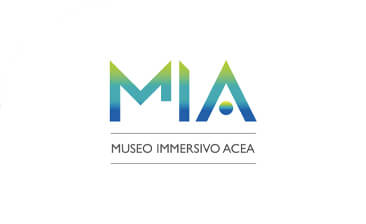
Visit the virtual museum about the history of the Acea Group

The channel for the commercial requests on land urbanisation
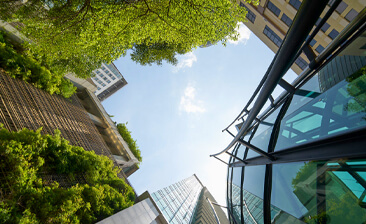
Acea turns the spotlight on the Rome Film Festival 2023
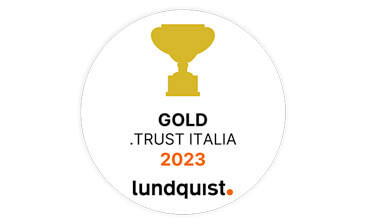
Acea is in the "Gold class" in the .trust research

Read more about our culture of inclusiveness